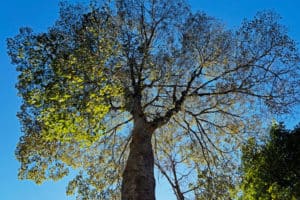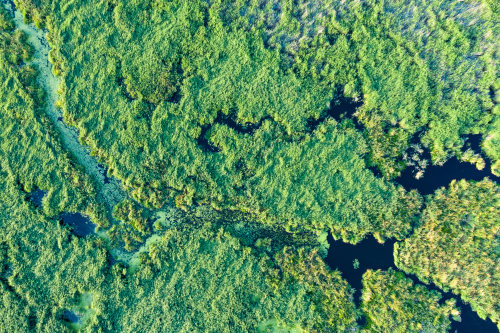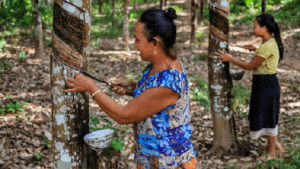
General Assembly 2020 Information for Members (Members Version)
With less than a month to go to GPSNR’s General Assembly (GA) 2020, the Secretariat has scheduled a two-part webinar series on 8 & 9 September 2020 that will take members through the proposed resolutions to be voted on at the upcoming GA as well as introduce the candidates for the Executive Committee elections. Members may use the links below to register for the pre-GA webinars.


The Secretariat has also published an Information Booklet for all GPSNR members, containing key details around the event, including proposed resolutions and a list of candidates running for the Executive Committee Elections.
Voting will take place online from 10 – 22 September via a secure e-voting system. All Ordinary Members must complete the Voting Registration Form by designating a single representative to vote at the General Assembly. Login details will be sent to registered voters only.
Any members encountering issues with the mailer and registration links may reach out to the Secretariat (info@gpsnr.org) for assistance.





